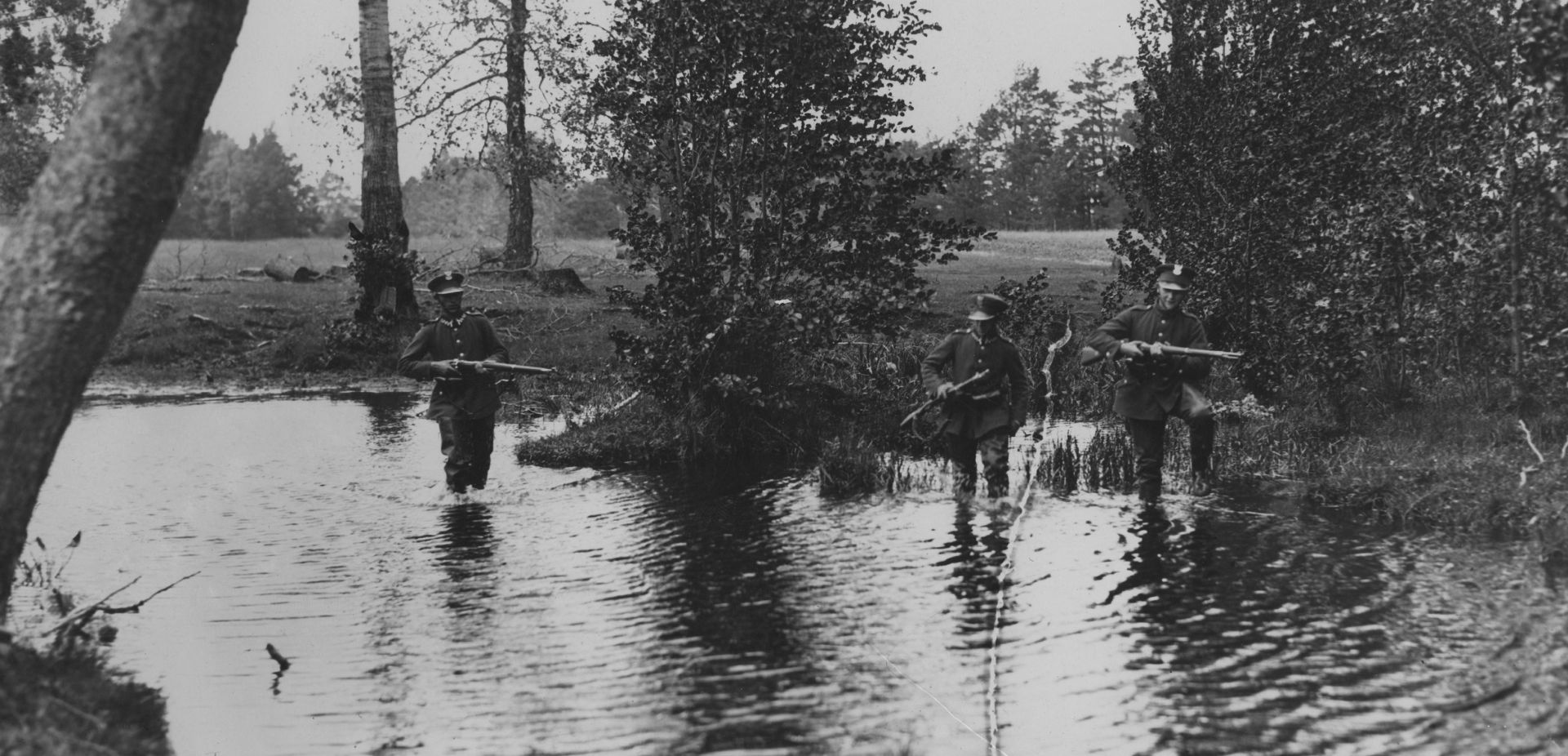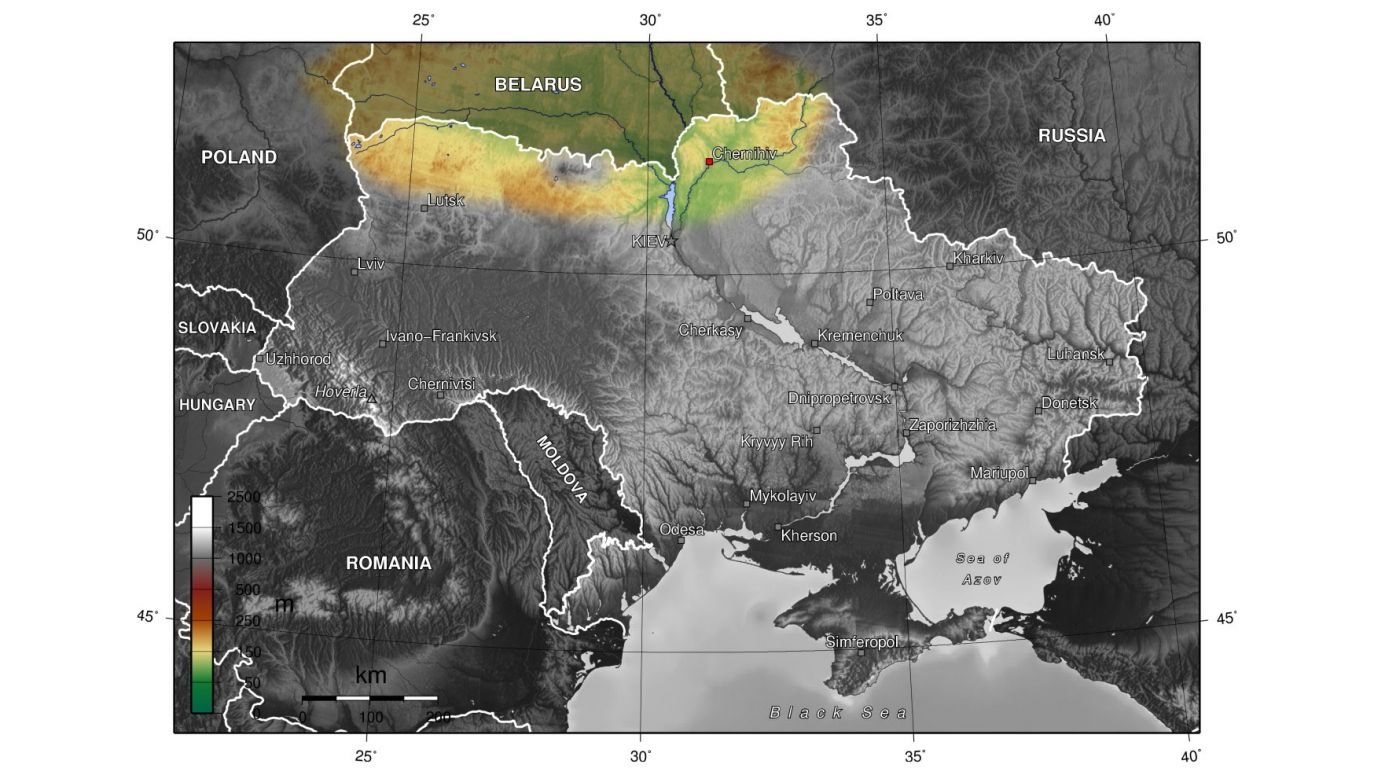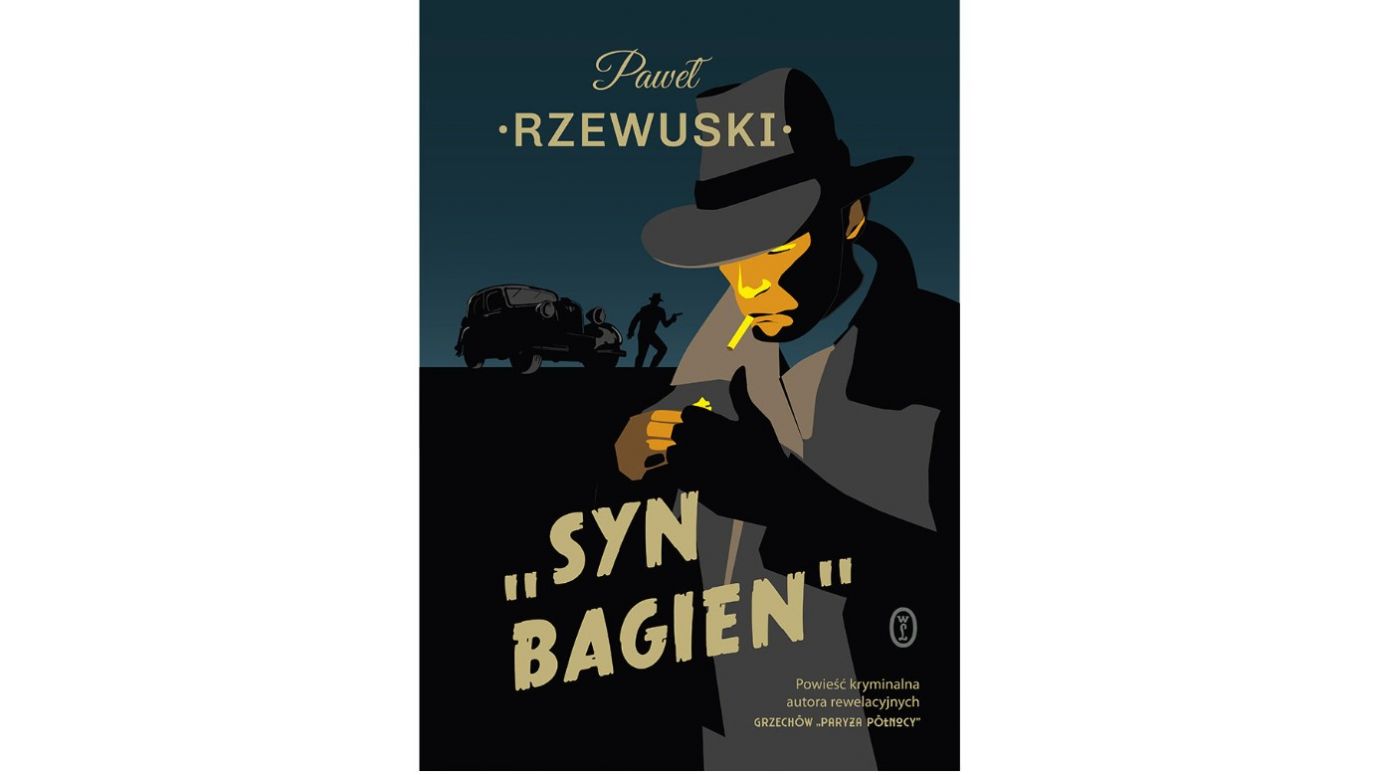Clash of civilizations
20.07.2022
That’s the past. Communism perished, the Soviet Union fell apart, and Poland’s society and borders have fundamentally changed. Between the Oder and the Bug there are no national tensions like those that troubled the Second Polish Republic. Some matters are still current though.
Unlike Jakubowski, this isn’t a fictional character. A grim legend has grown around this government official. He oversaw the isolation camp at Bereza Kartuska, where oppositionists – from communists to the right-wing – were imprisoned. Kostek-Biernacki was accused of having prisoners tortured at his initiative (the politician and writer, Stanisław Cat-Mackiewicz, even called him a “pathological sadist”). There were even opinions circulating that he practiced… Satanism. And not without reason.
Kostek-Biernacki was also a writer. His work includes the collection of stories published in 1931 with the telling title, The Devil the Winner (Diabeł zwycięzca). He was met with angry reactions from within the Catholic Church. “I am not surprised at the growing murmur of indignation, because from a religious and moral point of view, this book is really an exceptional scandal in the country. The author scorns God,” said Primate of Poland, Cardinal August Hlond, in assessing the book.
Returning to The Son of the Marshes, Jakubowski's mission can immediately be compared to Heart of Darkness. In Joseph Conrad's novel, the ships captain Marlow is tasked with finding the mad trader Kurtz in the African jungle. Rzewuski should be praised, however, for not playing cat and mouse with the reader, since he clearly points out this trope. Jakubowski is told by Major Stefan Mayer: "Biernacki is Kurtz, and you got the role of Marlow." But this is where the similarity between The Son of the Marshes and Heart of Darkness ends.
The darkness and mysteries that lie in wait for Jakubowski create an atmosphere that should be to the liking of fans of the writer Stefan Grabiński's horror stories, who lived at the turn of the 19th and 20th centuries and has been described as the "Polish Edgar Allan Poe." On the other hand, the social and natural realities presented in Rzewuski's novel correspond with the picturesque descriptions contained in a book by the master of Polish reporting, Ferdynand Antoni Ossendowski, Polesie from 1934 (a quote from another of his books, Our Polish Jungles [Nasze polskie dżungle] , is the motto of Rzewuski's novel).
Paweł Rzewuski, Syn Bagien [The Son of the Marshes] , Wydawnictwo Literackie 2022

 SIGN UP TO OUR PAGE
SIGN UP TO OUR PAGE 







